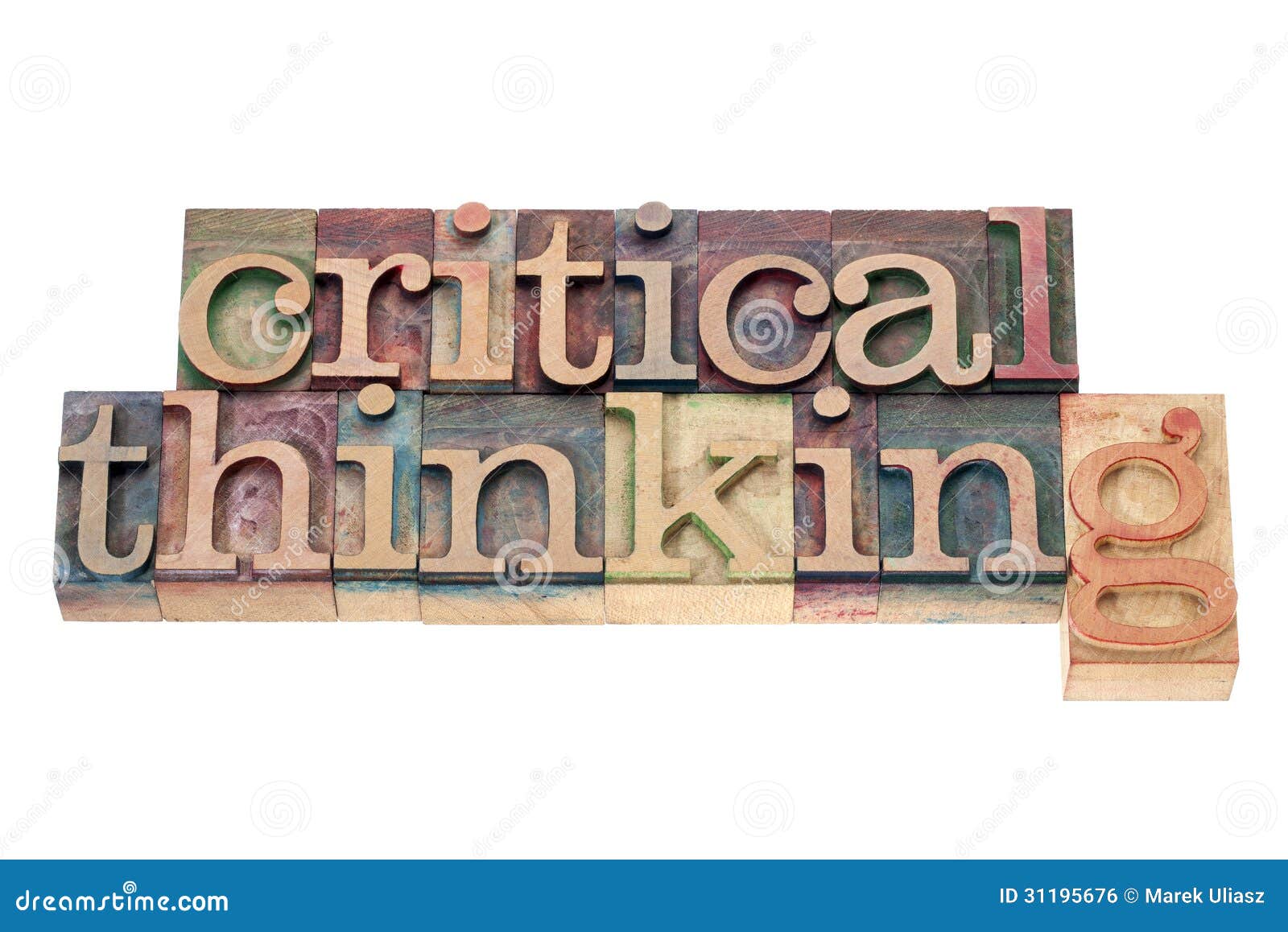Critical Thinking: A Core Competency for Modern Learners
Within today's rapidly altering world, the ability to think critically is more important than ever with regard to students. Since they get around an abundance involving information and encounter complex challenges, creating essential critical believing skills becomes some sort of cornerstone with their education and learning. These skills not simply enhance academic performance but also prepare learners for actual decision-making, encouraging all of them to approach difficulties with a thoughtful and analytical attitude. Recognizing the importance of critical planning in modern education, educators are increasingly dedicated to equipping students with all the tools these people need to thrive.
But you may be wondering what exactly constitutes powerful critical thinking? This post will explore the vital skills every student should develop, aiding to identify sturdy critical thinkers inside of the classroom. By examining key attributes for example problem-solving abilities, logical reasoning, and the capacity for self-employed thought, we can get insights into cultivating an environment exactly where students can flourish as confident plus competent thinkers. Understanding the role of examination and encouraging curiosity can not only encourage students but in addition facilitate a higher engagement using their learning experiences.
Essential Critical Thinking Skills
Critical thinking encompasses a variety regarding skills that are vital for individuals in order to navigate the difficulties of the current world. One regarding the foundational expertise is analysis, which in turn involves breaking decrease information into it is constituent parts to understand its construction and meaning. Successful students engage with material actively, asking yourself assumptions and checking out underlying principles. This kind of analytical mindset enables learners to detect the relevance regarding information, ultimately promoting deeper comprehension and retention of knowledge.
Another crucial skill is logical reasoning, which permits students for making noise judgments according to accessible evidence. https://urquhart-lowe.blogbright.net/typically-the-students-guide-to-be-able-to-effective-critical-thinking-skills are aspirant at identifying logical connections between concepts and evaluating fights critically. you can try this out extends to realizing logical fallacies and understanding the difference in between objective facts and even emotional responses. The ability to reason logically strengthens students' capacity to put together well-founded arguments in addition to to distinguish reputable information from falsehoods.

In addition, creative thinking plays a key part in enriching essential thinking skills. It involves the opportunity to method problems from exclusive angles and produce innovative solutions. Students who think critically and creatively often exhibit a powerful impression of curiosity, compelling them to inquire abuout and seek out new knowledge. This kind of mixture of analytical, rational, and creative skills empowers students in order to tackle challenges inside of their academic interests and prepares them for future problem-solving in real-world situations.
Discovering and Evaluating Critical Thinkers
Identifying strong crucial thinkers in their classroom involves observing specific qualities and behaviors that indicate a professional level of reasoning. These students tend to be able to ask insightful queries and demonstrate an eagerness to indulge in discussions. They will often seek logic on complex topics and are comfortable challenging widely recognized views, showcasing their particular capacity to think on their own. Additionally, these enrollees display a strong sense of fascination, which drives them to explore subject matter more deeply and search for diverse points of views.
Any time evaluating a student's problem-solving abilities, this is crucial to watch out for their approach to be able to tackling challenges. Strong critical thinkers examine problems systematically, splitting them down straight into manageable components when assessing different potential solutions. They demonstrate an aptitude regarding applying logical thought and can differentiate between facts and opinions. Furthermore, their very own decision-making process frequently includes weighing research and considering typically the implications of their own choices, demonstrating the analytical mindset.
Observing just how students reflect on their own own thinking provides significant insights into their critical thinking expertise. Those who indulge in self-assessment will be more likely in order to recognize biases in their reasoning and even consider their presumptions critically. Moreover, fostering an environment that encourages questioning in addition to debate can enhance these skills, as college students figure out how to articulate their thoughts clearly in addition to understand opposing opinions. As educators, spotting these signs will be essential to back up and nurture the introduction of powerful critical thinking on all students.
Developing Critical Thinking in Students
In order to foster critical thinking about in students, educators should cultivate a setting that encourages interest and questioning. Engaging students in discussions that require them to express their opinions and consider alternative viewpoints is definitely essential. By requesting open-ended questions plus challenging students to elaborate on their own thoughts, teachers generate opportunities for further analysis. This practice not merely enhances understanding but in addition empowers students to consider independently, installing the groundwork intended for strong critical thinkers.
Developing problem-solving activities into the curriculum is another effective technique. Students can create their critical pondering skills through real-life scenarios and case studies that need conditional thinking and thinking. Encouraging group job allows learners to be able to collaborate and share various perspectives, which can guide to more robust conclusions. Educators could also highlight the particular importance of assessing sources and understanding biases, equipping pupils using the tools needed to assess details critically.
Finally, reinforcing typically the importance of reflection and self-assessment assists in the development of essential thinking. Providing students with opportunities to evaluate their thought procedures and decisions fosters a deeper comprehending of their thinking. Encouraging them to be able to keep journals or participate in discussions related to their learning experience can help spotlight areas for improvement. As students learn to recognize their pros and cons in thinking, they will build confidence and be more competent decision-makers, ready to deal with complex challenges inside their academic and even personal lives.